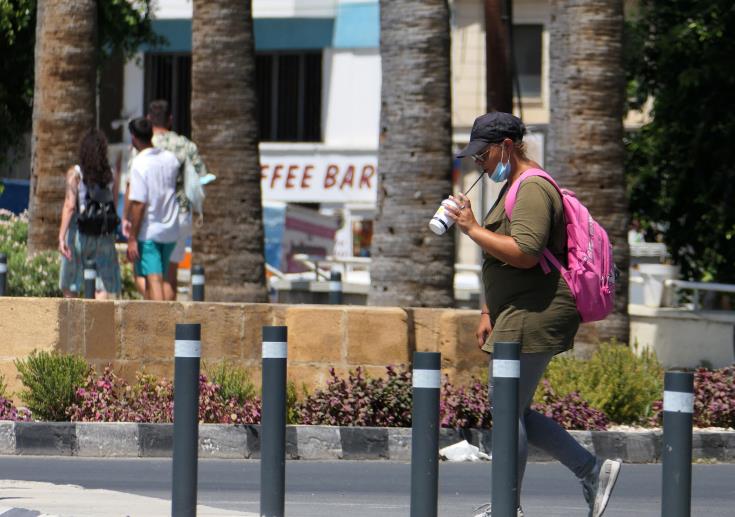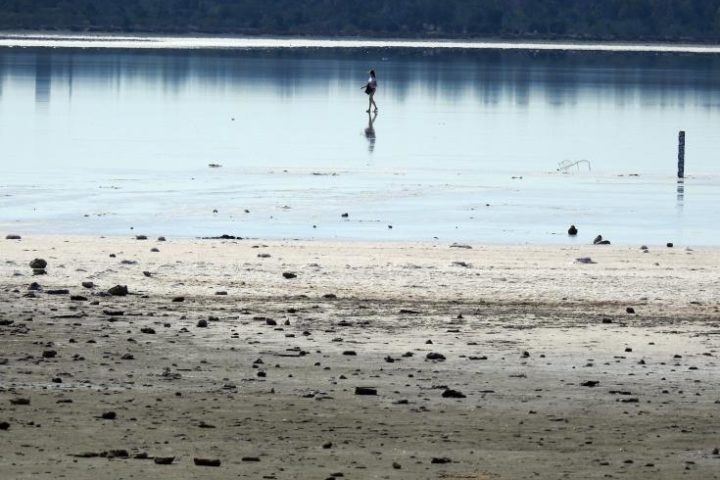The Mediterranean island has endured prolonged heatwaves throughout July and August, with no end in sight to the high temperatures falling after the Cyprus Met Office issues another yellow alert.
Experts say the island is feeling the effects of global warming and should brace itself for more extreme weather patterns in the future.
Weather forecasters said extreme heat conditions would prevail, as the last days of August will see above-average temperatures.
Cyprus has suffered under prolonged heatwaves in July and early August, lasting for two weeks.
This July was the second hottest month on record, as a prolonged heatwave began, pushing average temperatures to 39.5°C, close to last year’s all-time high of 39.9°C, the Cyprus Met Office said.
It is the sixth consecutive year that July’s average daily maximum temperature was above the seasonal norm.
In July, maximum temperatures soared to 44 degrees Celsius, while Cypriots were given just a few days respite between heatwaves.
4 August saw temperatures rise to 45.7°C in Nicosia, just half a degree under the record of 46.2°C registered on 4 September last year.
“Despite the general discomfort from the prolonged heatwaves, this year’s summer has not been the hottest on record, but it came close,” head of Cyprus Meteorology Services, Kleanthis Nicolaides, told the Financial Mirror.
“What we may not have realised is that we lived through the hottest month in the planet’s modern history.
“The USA National Oceanic and Atmospheric Administration declared July 2021 the world’s hottest month in 142 years of records”.
He added we would be seeing more prolonged heatwaves in the coming years, while Cyprus should also brace itself for extreme weather conditions, which could bring about floods, unusual for the island.
“Combined with an increase in the number and intensity of wildfires, this could lead to disastrous results, as large forest areas could be utterly destroyed,” said Nicolaides.
Referring to the recent fire in Arakapas Limassol, Nicolaides said that the deadly wildfire destroyed a large forest area. However, the seeds of the trees destroyed are still on very fertile ground.
“The new weather patterns developing because of global warming will see frequent isolated thunderstorms of high intensity which will flood the area.
“Because there are no trees to absorb the water, floods will occur. These floods, in turn, will wash away the seeds along with the fertile ground.”
Maximum temperatures on Wednesday are expected to rise to 40°C inland, 34°C on the coast and 32°C in the higher mountains.
Thursday will see a slight drop in temperatures, but it will still be hotter than the usual 38°C for the season.










